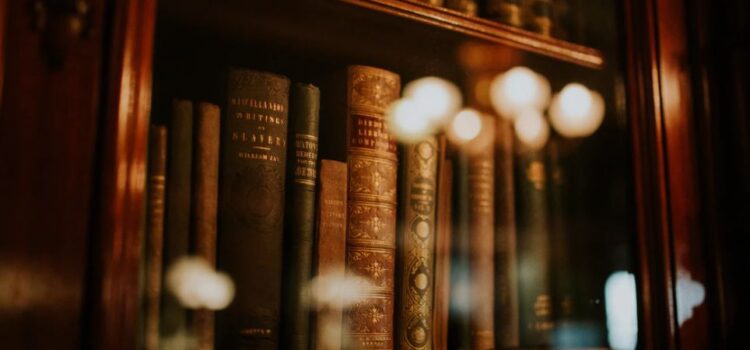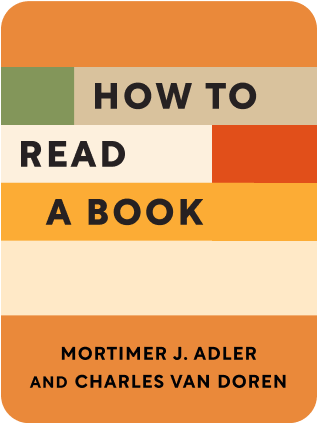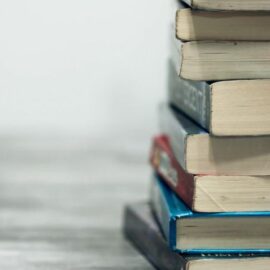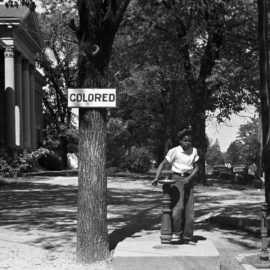

This article is an excerpt from the Shortform book guide to "How to Read a Book" by Mortimer J. Adler and Charles van Doren. Shortform has the world's best summaries and analyses of books you should be reading.
Like this article? Sign up for a free trial here .
Why does reading history books have such an impact on people’s actions? What are the different types of historical works?
According to Mortimer Adler in How to Read a Book, reading history books is so impactful because rather than reading about some fantasy world or dystopia, you’re learning from actual events and people who lived. It’s important to learn how people act in different times and places.
Here’s how Mortimer Adler says you should read history books and why you should read them.
Reading History
According to How to Read a Book, history has a greater impact on people’s actions today than any other type of work. Philosophical ideals and utopias reveal only the sad difference with today’s state. Reading history books shows the actions of people in the past, making it less imposing for you to repeat them (in the case of good achievements) or avoid their mistakes.
The way to read history is not just to learn what happened, but also to learn the way people act in all times and places, especially now.
Accuracy is always an issue in historical works. It’s hard enough in a modern day court to prove that anything happened, with live witnesses. Historical works try to establish that something happened in the past with no live witnesses to question. Historians must infer what happened from source material, and often have to impose patterns and infer motivations.
Therefore, you should always be wary of what is written:
- What does the author want to prove?
- Whom does she want to convince?
- What special knowledge does she assume?
- What special language does she use?
- Does she really know what she is talking about?
It’s necessary to read more than one account of the history of an event if we want to understand it. This is all the more important if the event has practical significance for us (like the Civil War).
The Four Questions
- What is this book about as a whole?
- Know the limited scope of the work. A history of the Civil War is not a history of the world in the 19th century.
- What is being said in detail, and how?
- Is the work divided into chapters that correspond to years, or is it divided by subject (economics in one, wars in another)?
- Which of these is most important to the author?
- Is the book true, in whole or part?
- Did the historian misunderstand the sources, perhaps because of deficiency in her grasp of human nature?
- For example, earlier historians may not have sufficiently discussed economic matters and self-interest in their works.
- Did the historian misuse sources, or omit key sources?
- Did the historian misunderstand the sources, perhaps because of deficiency in her grasp of human nature?
- What of it? Why is this important? What follows?
- Does it satisfy your heart and mind? Do you appreciate the beauty of the work?
Different Types of Historical Works
Biographies
- The definitive biography is usually written after several other biographies have been written.
- Autobiographies and authorized biographies (where the subject (or her estate) gives exclusive right to private materials) should be assumed to be biased. The subjects have incentive to hide the negative and embellish the positive – this is the way her friends want the subject to be known to the world.
Current Events
- We can’t be sure that we’re getting at the facts.
- Whom is the work written for? If it’s intended for a group that already agrees with the author, you may find it frustrating if you are outside the group.
- Since these primarily convey information, you need not perform the full analysis. But you should continue asking the critical questions.
When reading digests of news, be wary of what is left out.

———End of Preview———
Like what you just read? Read the rest of the world's best book summary and analysis of Mortimer J. Adler and Charles van Doren's "How to Read a Book" at Shortform .
Here's what you'll find in our full How to Read a Book summary :
- How to be a better critic of what you read
- Why you should read a novel differently from a nonfiction book
- How to understand the crux of a book in just 15 minutes






